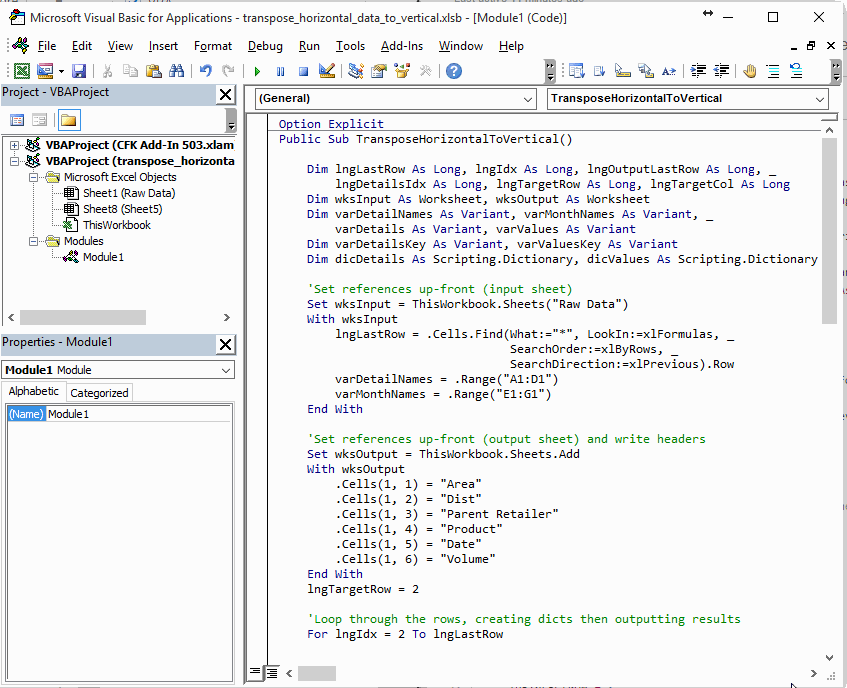Vba Auto Increment File Name Too Long For Destination
End Sub where the new tab name would invalid (too long, invalid characters) or duplicated, the tab name will not be changed, or if the sheet is a Chart Sheet. How can I implement this code for just one excel file and run it on an ad-hoc basis to 'update' the tab names to match cell A1 in each worksheet? Jun 08, 2010 For all general questions relating to Excel but not including VBA. Automatically Increment. & I successfully got the txt file name changing by one increment.

Hello everyone. Let me start by saying, please be gentle, I’m not a programmer but I’m a tech.
Programming is not my area of expertise. That being said, my users were using Eudora as a mail client. Eudora has an option to automatically save mail attachments to a distant folder. In our case the attachments are saved to a network folder. We are replacing Eudora with Outlook but unfortunately Outlook does not offer this option.
I found multiple scripts on the web but most was just too complicated for my needs so I managed to simplify one and make it work. Here is the script. Formatting tags added by mark007 Now the issue I have is that if I receive multiple emails with attachments that have the same name, witch is often the case here, the latest attachment will overwrite the older attachment without warning. What I’m trying to do in the script bellow is to rename the attachments when they come in by adding a decimal at the end of the file name. Mahesh Babu Nani Mp3 Songs Download. Unfortunately my script bellow does not work.
It runs in a loop non stop and I have no clue what I’m doing thus no clue how to fix this or what is missing. Public Sub saveAttachtoDisk(itm As Outlook.MailItem) On Error Resume Next Dim objAtt As Outlook.Attachment Dim saveFolder As String Dim stFileName As String Dim i As Integer saveFolder = 'c: temp' For Each objAtt In itm.Attachments stFileName = saveFolder & ' ' & objAtt.DisplayName i = 0 While FileLen(stFileName) >0 If Err 0 Then Err = 0 i = i + 1 stFileName = saveFolder & ' ' & Str(i) & objAtt.DisplayName MsgBox stFileName Wend If Err 0 Then Err = 0 objAtt.SaveAsFile stFileName Set objAtt = Nothing Next End Sub.